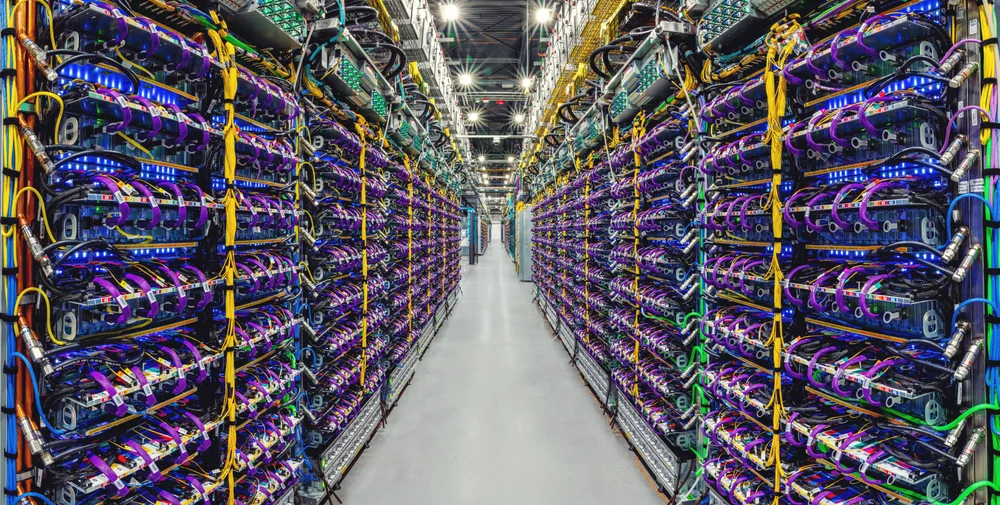Yesterday, Google launched its much anticipated response to OpenAI’s ChatGPT (the first release of Bard didn’t really count, did it?). However, the new set of generative AI models that Google is dubbing “the start of the Gemini era” will not yet be available in Europe — due to regulatory hurdles.
The tech giant is calling Gemini the “most capable model ever” and says it has been trained to recognise, comprehend, and combine different types of information including text, images, audio, video, and code.
According to Demis Hassabis, CEO of Google DeepMind, it is as good as the best human experts in the 50 different subject areas they tested the model on. Furthermore, it scored more than 90% on industry standard benchmarks for large language models (LLMs).
The three models of the Gemini AI family
The Gemini family of models will be available in three sizes. Gemini Ultra is the largest (but also slowest), intended to perform highly complex tasks; Gemini Pro the best-performing for a broad range of tasks; and Gemini Nano for on-device tasks.
Google says it has trained Gemini 1.0 on its AI-optimised infrastructure using the company’s in-house Tensor Processing Units (TPUs) v4 and v5e. Along with unveiling the Gemini family, Google also announced the Cloud TPU v5p, which is specifically designed for training cutting-edge AI models.

What is truly an evolution in LLM application is perhaps the Nano, optimised for mobile devices. As told to the Financial Times, Nano will allow developers to build AI applications that can also work offline — with the additional benefits of enhanced data privacy options.
Explained in greater detail by the company in a blog post, Google is also providing the AI Studio — a free, web-based developer tool to prototype and launch apps using an API key. It will make Gemini Pro available to developers and enterprise customers from December 13.
Just as for Bard, Europe will need to expect for Gemini
A “fine-tuned” version of Gemini Pro launched for Google’s existing Bard chatbot yesterday in 170 countries and territories. The company says it will also be available across more of its services, such as seek, Ads, and Chrome, in the coming months.
However, users in the EU and the UK eager to assess the mettle of Google’s “new era” of AI will have to expect a little longer. Google did not give extensive details, but said it is planning to “enlarge to different modalities and uphold new languages and locations in the near future.”
Indeed, Google is reportedly planning a preview of “Bard Advanced,” powered by the multimodal Gemini Ultra next year. Google first released Bard in March 2023, but due to concerns around compliance with the GDPR, it did not reach European users until June. Let’s see how long we will have to expect for Gemini.

